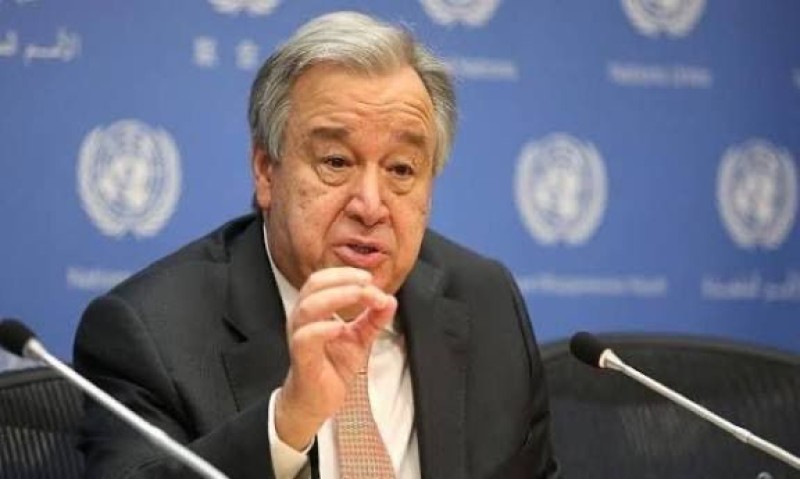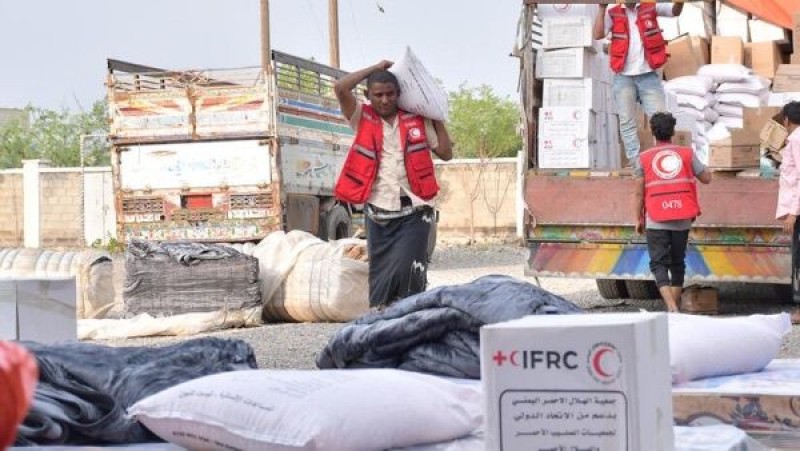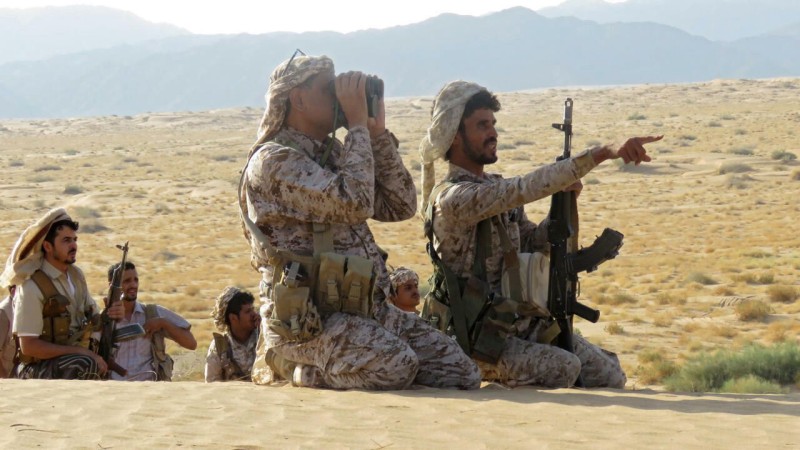Saudi Arabia Forms Group to Investigate Yemen Airstrike Claims


RIYADH, Saudi Arabia—Saudi Arabia on Sunday announced the formation of an independent group to investigate claims of airstrikes that have led to civilian deaths in Yemen, where the kingdom has led a military coalition fighting against Houthi rebels since March 2015.
The coalition said it “deeply regrets the death of civilian victims in Yemen,” adding that it takes all precautions to protect them as well as medical staff, humanitarian organizations, relief agencies, journalists and media workers.
The investigation group will comprise “senior officers, military advisers and experts in the field of weapons and international humanitarian law to assess accidents and verification procedures, and the mechanism of targeting and how it can be developed,” the Saudi-led coalition said in a statement.
The team will come out with a “clear, full and objective” report for each case, including conclusions and lessons learned and recommendations for future actions to be taken. It will also cooperate with the U.N. and local Yemeni commission looking into human rights violations, the statement added.
Coalition spokesman Brig. Gen. Ahmed Asiri said in a news conference that some reports by the media and human rights groups on civilian deaths are “categorically baseless” but he acknowledged that the coalition made mistakes, including an airstrike last October that caused severe damage to a hospital operated by aid group Doctors Without Borders, known by its French acronym MSF, in the northern area of Haydan.
The spokesman attributed the mistake to miscommunication between advanced observers and the fighter pilot who was aiming to hit a target near the hospital for which the coordinates were previously provided to the coalition command.
“The pilot evaluated the situation and found he had a good chance to attack the target. He attacked the target, which resulted in collateral damage that caused the destruction of a large part of the hospital,” the spokesman said.
“After the coalition command confirmed that a mistake was made, we reached out to MSF and invited them to visit Saudi Arabia,” he said. As a result, a hotline between the group and coalition has been established and “we remain in discussion to avoid such incidents in the future,” he added.
The Saudi-led coalition has come under criticism from human rights groups and aid agencies for what they allege is a disconcerting pattern of civilian damage.
MSF has been especially vocal after four attacks hit its personnel and facilities. In addition to the attack last October, the group also attributed to the coalition an airstrike on a health center in the southern city of Taiz on Dec. 3 that wounded nine people.
On Jan. 10, MSF said another of its hospitals in northern Yemen was hit by an unidentified projectile, killing nine people. And on Jan. 21, the group said a coalition airstrike killed an ambulance driver working at one of its hospitals.
Raquel Ayora, MSF’s director of operations, said on Jan. 25 that attacks on medical facilities were increasingly being written off as mistakes or errors.
“This implies that mistakenly bombing a protected hospital would be tolerable,” she said. “This logic is offensive and irresponsible.”
The Saudi coalition has admitted fault for some high-profile strikes, but it has denied responsibility for others. A September explosion at a wedding party in the southwestern port city of Mocha killed more than 130 people, for example, but the coalition said its planes weren’t in the area.
The U.N. estimates that around 2,800 civilians have been killed in Yemen since the coalition strikes started last March, out of an overall death toll of above 6,000. A U.N. report last year found that as of the end of June, most civilian deaths were the result of coalition strikes.
Brig. Gen. Asiri said Sunday that the coalition is working to improve its targeting mechanisms with the help of experts from the U.S. and U.K.
The U.S. has provided the Saudi coalition with logistics and intelligence assistance since the outset of the air campaign via a joint planning cell. While the U.S. doesn’t have final say on targeting, a spokeswoman for the U.S. Central Command told The Wall Street Journal last year that it has “consistently reinforced” the need for coalition members to use analysis and precise targeting to avoid civilian casualties.
WSJ

New York — United Nations Secretary-General António Guterres told the Security Council that the operating environment in areas under t…

Geneva — The International Federation of Red Cross and Red Crescent Societies (IFRC) has announced a funding appeal of more than 54 million U…

Sana’a — International reports have revealed that Yemen’s Houthi movement is redirecting its drone and missile capabilities towar…